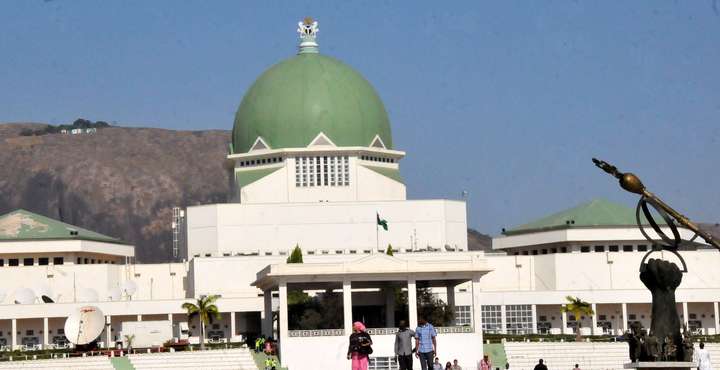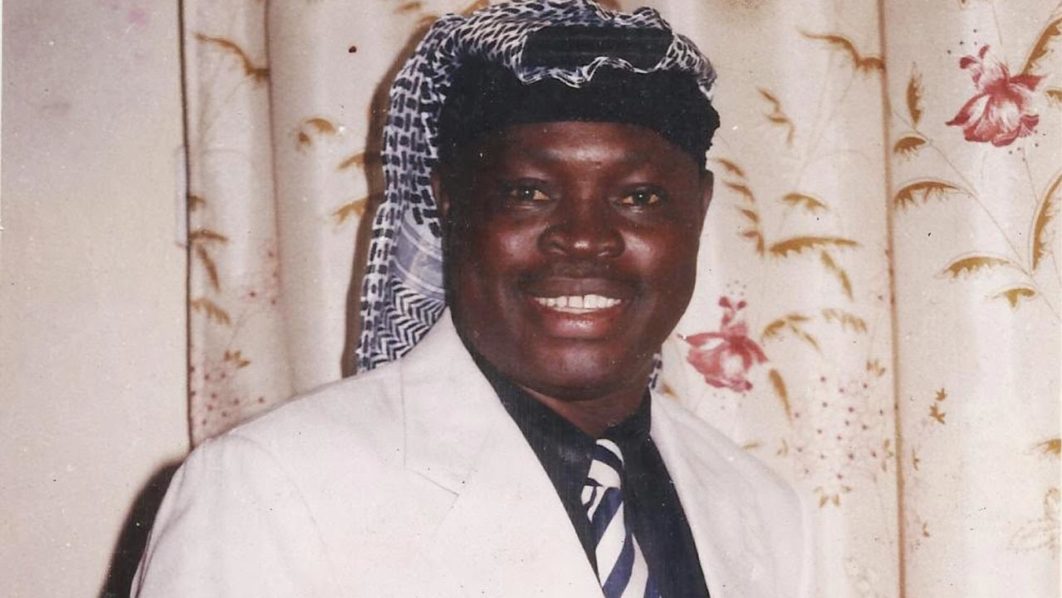National Assembly Okays June 12 As Democracy Day
June 12, the date in the nation’s history when the acclaimed freest and fairest election was conducted in 1993, is now the National Democracy Day.
With an expressed endorsement Thursday by the Senate of a bill earlier passed by the House of Representatives to that effect, June 12 has become fully immortalised, after about 26 years of agitation for the date to be accorded this recognition.
Consequently, the National Holiday Act has been amended to move Nigeria’s Democracy Day from May 29 to June 12. However, May 29 remains sacrosanct as the date when one administration will hand over to a succeeding one in compliance with the provisions of the 1999 Constitution regarding the tenure of administrations in the country.
The amendment is in concurrence with the House of Representatives’ approval earlier in December 2018. The adoption was sequel to a report by the Majority Leader, Senator Ahmad Lawan, for the Senate to concur with the House.
The three clauses of the amendment bill were passed by the Committee of the Whole when the Deputy President of the Senate, Ike Ekweremadu, who presided over the session, put them to voice vote.
The legislation is now billed for transmission to President Muhammadu Buhari for assent.
Buhari had in June 2018 declared that the Democracy Day would henceforth hold on June 12 of every year. He made the declaration as the Federal Government honoured the acclaimed winner of the 1993 presidential election, the late Chief Moshood Abiola, with a posthumous conferment on him of the highest national award, Grand Commander of the Federal Republic (GCON).
Buhari had also conferred on Abiola’s running mate in the election, Alhaji Babagana Kingibe, and foremost human rights lawyer, the late Chief Gani Fawehinmi (SAN), the Grand Commander of the Order of the Niger award, which is the second highest national honour.
Originally, the bill, which was jointly sponsored to the House of Representatives by Edward Pwajok and Kayode Oladele, sought to bring the National Holiday Act in tandem with the current realities and exigencies of the modern times.
When he introduced the bill on the floor of the House of Representatives last year, Pwajok had explained that before 1979, there were separate acts regulating public holidays in the country.
He recalled that in 1975, a law was made to repeal all state laws on public holidays and to streamline the process of declaring holidays for the federation.
According to him, by law, the president may declare any day as a public holiday by public notice or act through the Minister of Internal Affairs.
He noted that in 2000, the National Assembly amended the schedule to add May 29 as Democracy Day. He however said that May 29 would be celebrated every fourth year when there is an inauguration of a new president while June 12 would be celebrated as Democracy Day every year.




